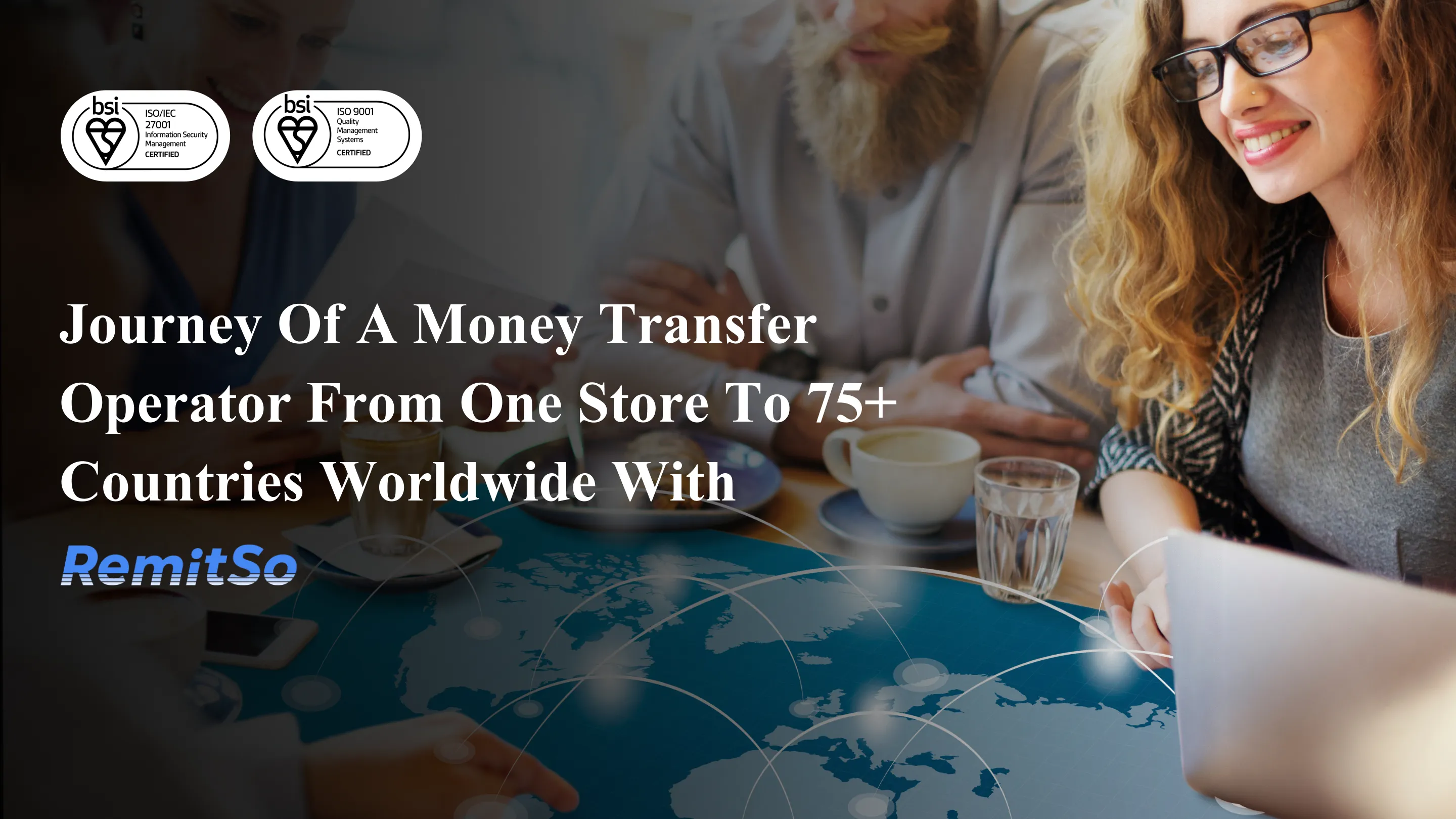
The Indispensable Role of Sanctions Screening in Cross-Border Money Transfers
The role of international money transfer operators (IMTOs) is vital for the global economy. These businesses enable the movement of funds across borders, supporting families, businesses, and economies worldwide.With this responsibility comes the need for strict adherence to international regulations, particularly in the realm of sanctions screening. Failure to comply can result in severe penalties, reputational damage, and legal consequences. In this blog, we will get to know why sanctions screening is so critical for IMTOs and how it serves as a safeguard against potential risks.
Understanding the basics of Sanctions Screening
Sanctions screening is the identification of a set of checklists, therefore comparing individuals, entities and transactions, against the sanctioned or blacklisted parties. Such lists are published by the official bodies including, for example, the United States Department of the Treasury’s OFAC, EU, and the United Nations. The intent is to deny businesses of cash flow opportunities that are connected to criminal activities or any that leads to compromise the security of a country or the world.
Sanctions screening is not only a typical example of regulations necessary for IMTOs, but also a core value preserving integrity and trust in the Financial System. It also checks that funds are not being transferred via money transfer agencies and are ending up in wrong hands, such as terrorists, human rights violators or engaging in any form of illegal activities.
The Importance of Sanctions Screening for IMTOs
1. Compliance with International Regulations
The first and probably the most compelling reason for IMTOs to ensure that they conduct thorough sanctions screening is Compliance with International Laws. Failure to comply can lead to high penalties, litigation and even the revoking of operating licences.Compliance with measures for sanctions screening allows, on one hand, to avoid such severe consequences and, on the other,to function effectively in the framework of the global financial environment.
2. Protecting Business Reputation
There are definitely great risks for an IMTO in this age where information is prominent when an organization is involved with sanctioned individuals or groups. Information about them can cause adverse media coverage, clients’ distrust, and persistent injuries to the brand reputation. This implies that customer are able to differentiate the level of ethical compliance of companies and any slip up will cost the company a lot. Sanctions screening is not just about staying ahead of the law, but also about preserving reputation and customers’ and business partners’ trust.
3. Avoiding Financial and Legal Penalties
The cost of not doing the sanctions screening appropriately are dreadful both financially. The financial and legal repercussions of not paying attention to this element of sanction screening is rather high. IMTOs have to put in place contiguous systems to check each and every business transaction, else they stand to incur penalties that could bring their operations to an end or end up in a litigative course of action.
4. Ensuring Ethical Business Practices
Sanctions screening also helps IMTOs maintain ethical standards in their operations. By ensuring that they do not facilitate transactions with entities involved in illegal or unethical activities, such as terrorism or human rights violations, IMTOs contribute to global security and uphold the values of fairness and integrity in business. This ethical stance not only aligns with international laws but also strengthens the IMTO’s standing in the global market.
Role of Technology in Sanctions Screening
Manual sanctions screening is impossible when it comes to IMTOs. This is a function that is well-aided by technology now that the screenings are to be comprehensive, timely and most importantly real-time. A sanctions screening system can perform a high number of data entries against a number of sanctions lists and identify all the possible matches for review. This article highlights the need to have this technology for the IMTOs to be able to manage with the high speed at which transactions that touch the global financial systems happen to avoid the next biggest scandal.
Best Practices for Effective Sanctions Screening
To ensure comprehensive sanctions screening, IMTOs should follow several best practices:
- Regular Updates: Sanctions lists are dynamic, with frequent additions and removals. Regular updates to the screening system are essential to ensure that all transactions are checked against the most current data.
- Risk-Based Approach: Not all transactions carry the same risk. IMTOs should adopt a risk-based approach, focusing more resources on high-risk transactions and parties.
- Thorough Record-Keeping: Maintaining detailed records of all screening activities, including any potential matches and the actions taken, is crucial.
This documentation can prove invaluable in demonstrating compliance during audits or investigations.
Conclusion
Sanctions screening is a necessary process in business as a money transfer operator company. It also protects the business from legal and financial consequences, its reputation and guarantees that boosts a secure and ethical global financial stream. Compliance with these new rules and application of the best practices when introducing advanced technologies will allow IMTOs facing the challenging international regulations and keep on providing facilitated and secure cross-border payments.

The Programming Language Myth: Why It’s Not Enough to Build a Successful Application
Choosing the right programming language is undoubtedly a crucial decision. It often sets the foundation for the project’s architecture, performance, and maintainability. However, focusing solely on the choice of programming language is like obsessing over the colour of a car while neglecting its engine. While programming languages are essential, they are just one component of a much larger ecosystem required to build a successful application. Here’s why relying solely on software language is not sufficient and why a broader approach is necessary to build a successful running application in today’s modern generation.

Journey of a Money Transfer Operator From One Store to 75+ Countries Worldwide with Remitso
In the heart of London, a well-established money transfer operator sought to break free from the limitations of their traditional model. High commission fees from partner networks, limited customer reach due to their physical location, and operational challenges hindered their growth aspirations. They dreamed of building a recognizable brand, expanding globally, and creating a network of agents, but the costs and complexities of developing a proprietary solution were daunting.


